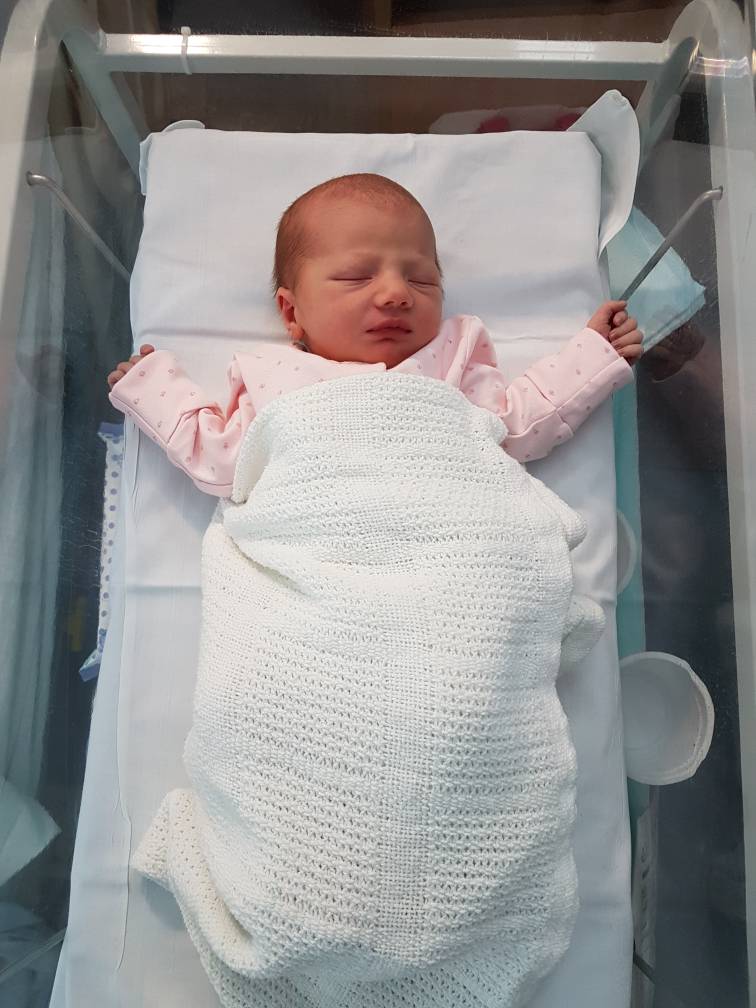- Joined
- Nov 30, 2017
- Messages
- 771
- Reaction score
- 930
I think quarantine is a necessary procedure at least in the beginning of stocking a new tank. Having started tanks both ways now, I see that there are potential issues with both methods. What I am thinking is that the quarantine should be in a more natural tank where the fish can observed for a month or two. Maybe meds don’t even need to be dosed. The fish should be fed with live and frozen foods, and also the natural foods allowed to grow within the tank.
If you decide to prophylactically treat for every possible parasite then you have to go all in and continue this practice. In addition, you must quarantine anything and everything wet that you add to the tank because if you don’t you could very well be screwed. I have read so many threads where people have qt all fish only to lose their whole tank a few months later due to adding a coral or snail. This point was brought up by Hummblefish in that he said if you buy qt and conditioned fish from me and then don’t qt corals or other inverts you are wasting your time. This is the reasoning that brought me to this thread. I can’t guarantee that I would not add a parasite inadvertently later on so I would rather equip my fish to the best of my ability to be able to fight. Having ozone and or a properly sized UV running can’t hurt either.
I think some people have a blue thumb when it comes to running a reef or keeping fish, and this certainly has a role in their successes or failures. I am glad that I have been exposed to both types of methodologies as I continue to learn from both.
If you decide to prophylactically treat for every possible parasite then you have to go all in and continue this practice. In addition, you must quarantine anything and everything wet that you add to the tank because if you don’t you could very well be screwed. I have read so many threads where people have qt all fish only to lose their whole tank a few months later due to adding a coral or snail. This point was brought up by Hummblefish in that he said if you buy qt and conditioned fish from me and then don’t qt corals or other inverts you are wasting your time. This is the reasoning that brought me to this thread. I can’t guarantee that I would not add a parasite inadvertently later on so I would rather equip my fish to the best of my ability to be able to fight. Having ozone and or a properly sized UV running can’t hurt either.
I think some people have a blue thumb when it comes to running a reef or keeping fish, and this certainly has a role in their successes or failures. I am glad that I have been exposed to both types of methodologies as I continue to learn from both.



















